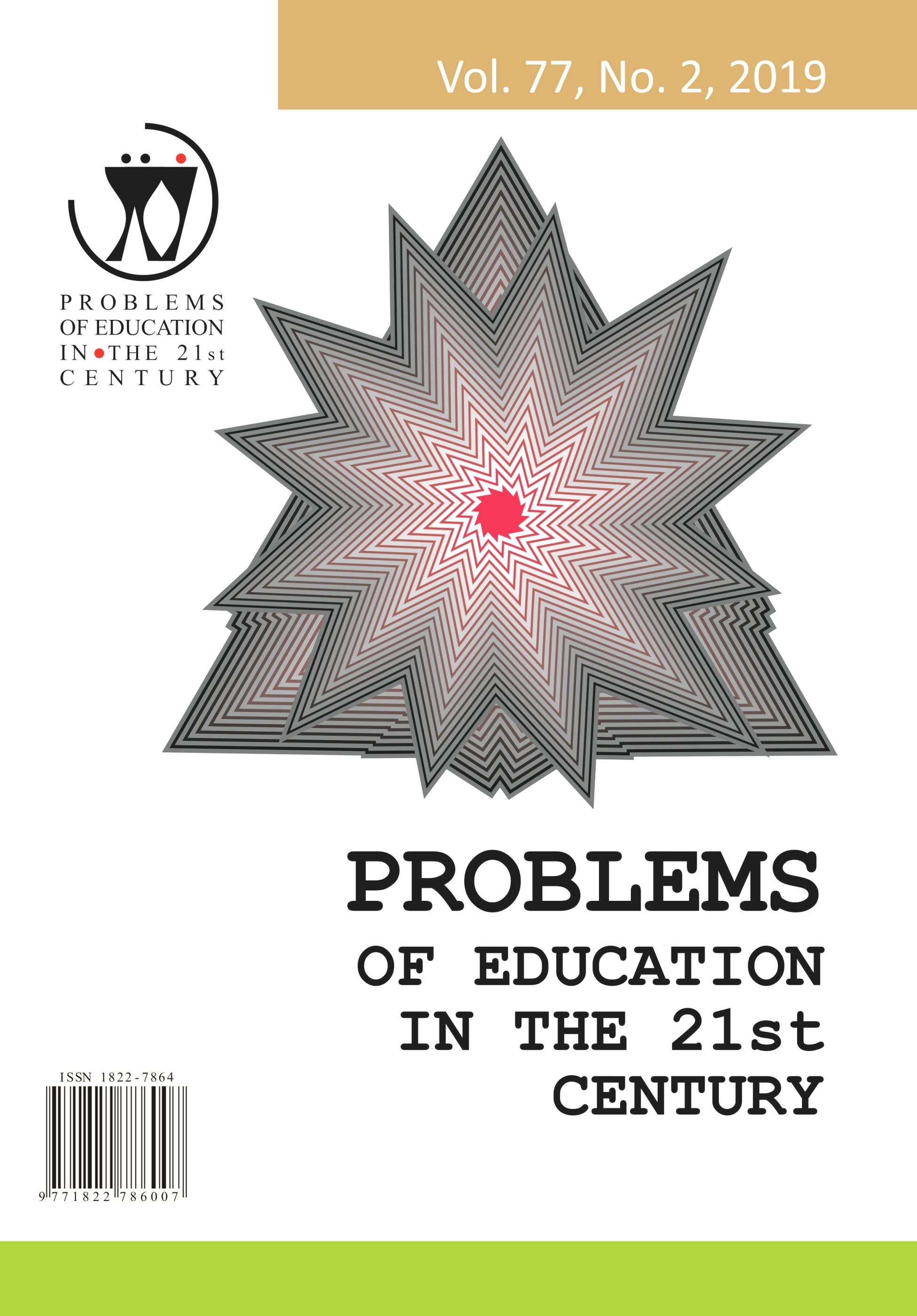CREATING A DECOLONISED CURRICULUM TO ADDRESS FOOD INSECURITY AMONG UNIVERSITY STUDENTS
CREATING A DECOLONISED CURRICULUM TO ADDRESS FOOD INSECURITY AMONG UNIVERSITY STUDENTS
Author(s): Oluwakemi Ayodeji Adebayo, Ronicka MudalySubject(s): Education, Higher Education
Published by: Scientia Socialis, UAB
Keywords: decolonised curriculum; food gardening; indigenous knowledge; qualitative methodology; self-reliance; transformation;
Summary/Abstract: A plethora of debates about intellectual imagination regarding decolonised curriculum development has dominated the South African higher education discourses. There is a need to purge Africa of the marginalisation that has been perpetuated by curricula established during the past century. The aim of this research was to add a practical dimension to this discourse, by altering traditional curriculum activities in a biology module, in order to address the issue of food insecurity among university students. In this qualitative inquiry, the following questions were asked: “How can pre-service teachers engage with decolonised curricular activities, in order to address food insecurity among students?” and “What are the consequences of pre-service teachers’ engagement with decolonised curricular activities which respond to food insecurity?” Thirty-six pre-service biology teachers and 12 non-biology university students were purposively selected to participate in a food gardening activity. Data were generated using individual interviews, focus group interviews and the development of portfolios. Findings revealed that pre-service teachers’ consciousness of the social reality of food insecure students was raised, and their feelings of empowerment to enable others, and themselves, to become self-reliant, were enhanced through decolonised curricular activities. This is significant because it signalled a freeing of pre-service teachers from material and intellectual shackles which is critical to decolonised thought and action. This research has implications for higher education science teacher education modules, which can incorporate science from Western and indigenous sources, to create transformed curricula which are socially responsive and reflect epistemic justice.
Journal: Problems of Education in the 21st Century
- Issue Year: 77/2019
- Issue No: 2
- Page Range: 179-194
- Page Count: 16
- Language: English

